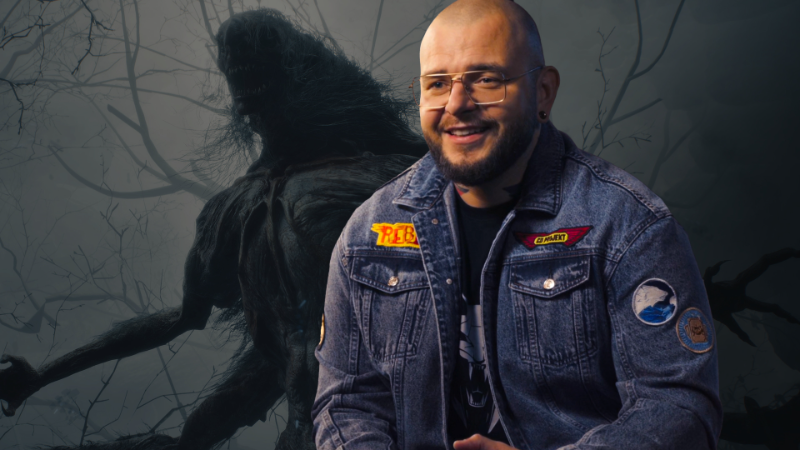
According to a latest examine by civil rights group the Anti-Defamation League (ADL), 74% of people that play on-line multiplayer games have skilled some type of harassment, with 65% experiencing “severe” harassment, which can embody bodily threats or stalking. And that’s solely the beginning of their downpour of terrible numbers, which cowl bigotry, extremist views, which games have the worst incidence charges, and extra.
The examine relies on a survey of greater than 1000 folks within the USA, performed in April. It’s value taking into consideration that survey information solely gives a part of the image with regards to a difficulty as sophisticated as on-line abuse, and may be restricted based mostly on who responds and why, in addition to any variety of different elements. Still, ADL report a margin of error of 4%, and the numbers stay unflattering nevertheless you have a look at them. I’m not going to incorporate each end result, so if you would like that you could find the report and its summary at ADL’s web site. Otherwise, listed here are some explicit notes.
More than half – 53% of respondents – mentioned that harassment was based mostly on “race, religion, ability, gender, gender identity, sexual orientation, or ethnicity.” So, whereas virtually everyone seems to be getting folks being terrible to them whereas they’re simply attempting to play a video game, a variety of it stays rooted in bigotry.
A way-too-large minority additionally reported having skilled different gamers chatting about “extremist ideologies,” together with 23% overhearing discussions of white supremacy, 9% noticing Holocaust denial, 8% listening to assist for Islamic State.
ADL additionally discovered that 29% of gamers have been doxed, having their private info revealed. The truth that folks wish to do that does recommend that possibly eradicating anonymity would trigger extra issues to the harassed than it might stop these doing the harassing.
The high 15 most-played games within the US all had greater than half of gamers reporting some type of harassment, however high of the checklist is Dota 2 at 79%. CS:GO, Playerunknown’s Battlegrounds, Overwatch, and League Of Legends all tie for second place at 75%.

It’s straightforward to take a position why these games have such excessive ranges of harassment, although the report itself doesn’t seek for a cause. To various levels, all of them market themselves to “hardcore” followers and require a heavy effort and time dedication with a purpose to learn to play. That can lead some to take it too significantly on the expense of others, and it solely takes one particular person in a foyer to smash it for everyone.
Then there’s the truth that builders have been sluggish to implement modifications, permitting this form of tradition to change into normalised even when it was deeply predictable from launch. Six years after launch, DOTA 2 added an “experimental” keep away from participant choice in May. Overwatch has been proudly broadcasting the enhancements that its endorsement system introduced without addressing how the underlying drawback acquired so dangerous within the first place.
The report additionally notes the detrimental impacts of harassment. The most typical reply (23%) was {that a} participant turned “less social,” an issue that the widespread chorus of “just mute everyone,” doesn’t repair, as an alternative driving the participant additional into isolation.
“At ADL, we see online multiplayer games as social platforms, and we need to fight hate on these platforms with the same seriousness as traditional social media,” says CEO Jonathan Greenblatt. And whereas Twitter and Facebook is likely to be godawful at eradicating Nazis and the like from their platforms, they do seem to have a decrease charge of harassment. A similar study the ADL printed in February of this 12 months discovered that 37% of Americans had skilled extreme hate through these kinds of internet sites, which continues to be loads, however a marked distinction.
Do games simply invite extra terrible folks? Does their aggressive nature encourage these good, well mannered social media customers to abruptly change into abuse-spitting horrors? Whatever it’s, games corporations may wish to make investments extra of their sources into discovering out, as a result of individuals are quitting because of the hostile atmosphere (19%) or avoiding sure games altogether as a result of their reputations (23%).

